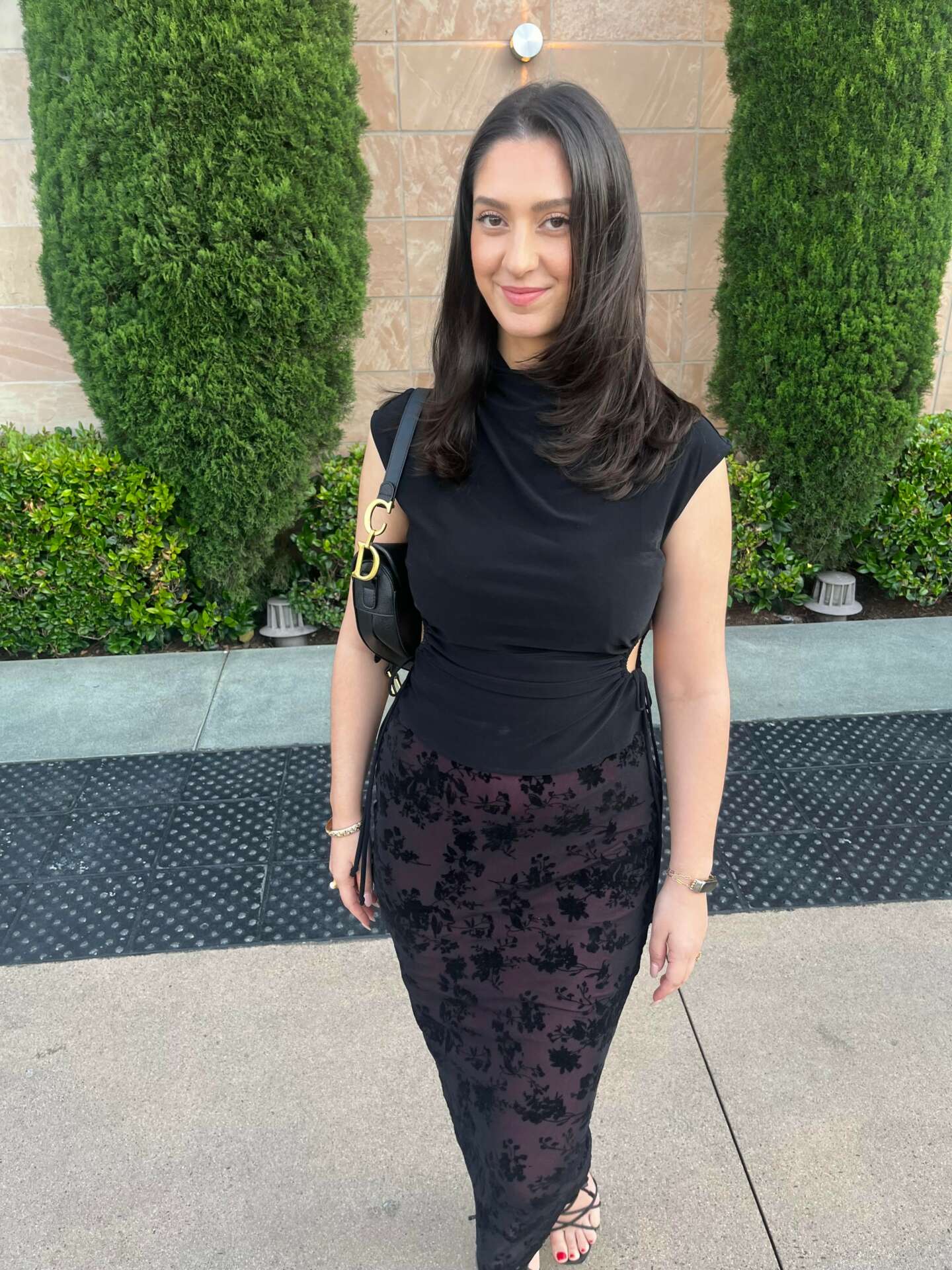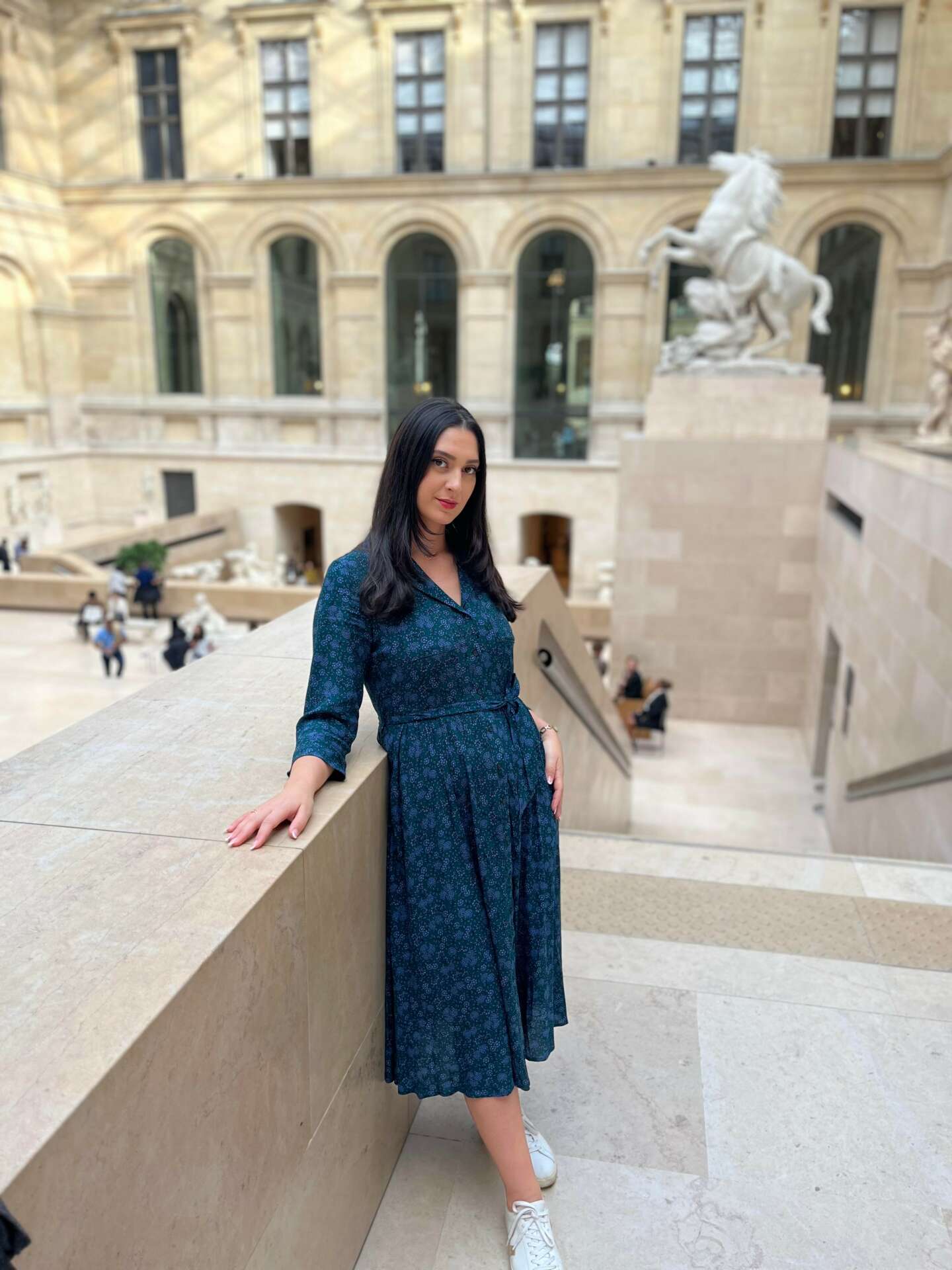Alright – so today we’ve got the honor of introducing you to Ava Elmzadeh. We think you’ll enjoy our conversation, we’ve shared it below.
Hi Ava, thanks for joining us today. How did you get your first job in the field that you practice in today?
After graduating with a B.A. in social and behavioral psychology, I decided to take a gap year. I was left with a sense of unfulfillment after graduation. I really had no idea what practicing therapy would look like. That lead me to speaking to a family friend who owned a substance abuse clinic. He offered me a position to work in a large detox residential facility to help people medically coming off of drugs like meth, heroine, opioids and alcohol. At the same time I applied to work in a psychologist office IOP doing clerical work with the understanding I wanted to learn more about the field. I was exposed to many groups including process, EMDR, meditation and art therapy at both of these places. Not only did my knowledge of substance abuse and human beings grow, but I also started learning more about myself. This is exactly what I was missing in my B.A. To this day, I am a firm believer that as a therapist I also show up to sessions. The self-of-therapist work started in my first job in the field and continued on heavily in my masters program and beyond. I learned more about how I wanted to show up for others with the values of caring, listening and truly seeing each person for who they are. I started to understand that there were societal and systemic influences on the people detoxing and that I made it my mission to always integrate that into the practice. I always recommend for other future therapists to take a gap year or more as well. Discovery is a wonderful thing.

Ava, before we move on to more of these sorts of questions, can you take some time to bring our readers up to speed on you and what you do?
First and foremost, I am a life-long learner. What’s interesting is that I also teach. These two go hand in hand for me in my work as a psychotherapist and professor. I mainly see individuals in therapy on zoom weekly and I teach Multicultural Counseling at Pepperdine University, which has been challenging and rewarding. In creating my own curriculum, I have had the privilege to bring in a lot of my creativity into the course. Each class has been different and brought up different questions, which I like to consult about with other teachers and therapists wiser than me. From all of the work I have done so far (about 5 years), I have come to know that every person is unique and wants to feel seen in every way including culturally. Coming from a marginalized community, I know how difficult it is to feel seen and heard. I hope to be someone who helps tackle this issue and find creative ways to help my clients and future therapists incorporate this in the work.

Training and knowledge matter of course, but beyond that what do you think matters most in terms of succeeding in your field?
My top three tips for succeeding in the field other than training is consultation, personal therapy and openness to learning. Consultation is important to bring in new ideas when I’m stuck or look at things from another perspective or even check the ethics of the situation. Personal therapy is very important. Therapists also need therapy to not only help with support and growth but to learn how to heal. How could you be a therapist if you’ve never been to therapy and experienced what it feels like to be in the client chair? Surprisingly, many therapists have never been to therapy partly because it is no longer required for licensing and partly because some therapists are not open to it. Which leads me to the last tip, openness to learning. The training and learning doesn’t stop after you graduate or get licensed. It is continuous. There is so much to learn, unlearn, read, train and experience. Being open to listening to others might even be challenging, but it can help with checking biases and judgement, which are fundamental to being a therapist.

Do you have any insights you can share related to maintaining high team morale?
I have heard many stories of people working in wonderful environments and horrible workplaces. From what I’ve gotten to know is that feedback is instrumental in creating high morale and managing a team. It’s not only important for the managing members to give feedback, but to be equally open to hearing the feedback from the team. This can be done one-on-one or in group settings. Sometimes having anonymous feedback from the team can be helpful as well to protect people’s identity. True collaboration involves feedback, and appreciations are also key. People on a team feel high morale when they feel appreciated. If a managing member gives 5 times as much appreciative feedback to corrective feedback, the team members will likely feel more open to the negative feedback.

Contact Info:
- Website: avalmft.net
- Linkedin: Ava Elmzadeh


